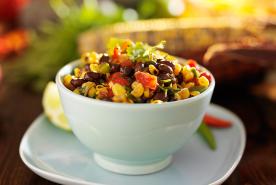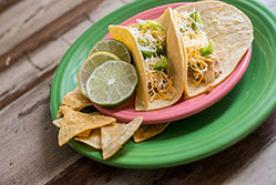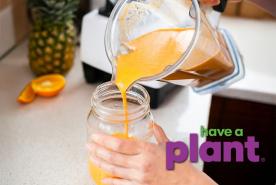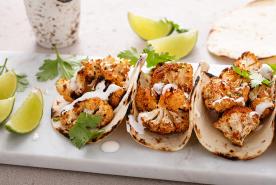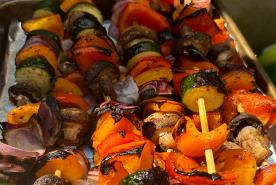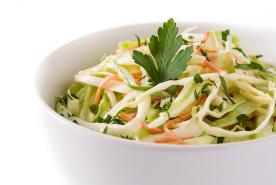Last Updated: January 02, 2023
Medically reviewed by NKF Patient Education Team
Table of Contents
- Why are avocados a superfood?
- Avocados and kidney disease
- Chronic kidney disease (CKD) and transplant
- Hemodialysis (3 times a week)
- Daily home dialysis, nocturnal hemodialysis, and peritoneal dialysis
- Kidney stones
- Avocado nutrition facts
- How to cut open and store an avocado
- Avocado and pea guacamole recipe
- Want to save this information for later?
- For more information, contact the National Kidney Foundation
There are many types of avocados, the most common is the Hass avocado. Their tough leathery skin changes color as they ripen, turning from green to almost black in color when ready to eat. The squeeze test is another way to tell when it is ripe; hold the fruit in your palm and there should be some give when you squeeze the avocado between your fingers.
Why are avocados a superfood?
- Avocados are very nutrient-dense. They contain about 20 different vitamins and minerals.
- They are unique in their nutrient profile as they are lower in carbohydrates and higher in fat compared to other fruits.
- Avocados are rich in monounsaturated fat. This type of fat can help reduce your LDL (“bad”) cholesterol and inflammation.
- They are a good source of fiber which is great for gut health, keeping you full, and aiding in blood sugar control.
- One serving (1/3 of an avocado) contains about 250 mg of potassium.
Avocados and kidney disease
Avocados, like most fruits, are not a significant source of phosphorus or sodium. They are considered high-potassium food. Working with a kidney dietitian can help you with your potassium needs based on your stage of kidney disease and labs. Find a kidney dietitian.
Chronic kidney disease (CKD) and transplant
Those who have early-stage kidney disease or kidney transplant often do not need to restrict potassium. If your blood tests show high potassium levels, ask your kidney dietitian how to safely include avocado in your eating plan.
Learn more about the kidney disease diet or the kidney transplant diet.
How to cut open and store an avocado
Use a chef’s knife to cut into the length of the avocado until the knife hits the pit. Keep the knife in place and rotate the avocado around the knife to slice it in half. With your hands, twist the avocado halves apart. To remove the pit, hit the pit with the sharp blade of your knife. The avocado flesh can be scooped out of the skin with a spoon.
To store an avocado once it’s cut keep the pit in and cover it with plastic wrap by pressing the wrap directly onto it. Then place it in a container with a lid to help with discoloration.
Avocado and pea guacamole recipe
Recipes yield: 1 ½ cups
Serving size: ¼ cup
- 1 cup frozen peas, slightly thawed
- 1 medium avocado
- juice from 1 lime
- ½ cup grape tomatoes, diced
- ½ cup red onion, diced
- 1 jalapeño, seeded and minced
- ¼ cup chopped cilantro
- 1 clove minced garlic
Directions:
- Place peas in the bowl, food processor, or mini chopper and pulse until the peas are smooth.
- In a medium bowl, cut or mash the avocado until desired consistency.
- Transfer peas into the bowl and add lime juice, tomato, onion, jalapeño, cilantro, garlic, and salt. Stir everything together with a fork.
- Serve with raw vegetables or low-sodium tortilla chips.
Adopted from https://www.eatingbirdfood.com/healthy-guacamole-frozen-peas/
Want to save this information for later?
Download the National Kidney Foundation’s Fact Sheet: Kidney-Friendly Superfoods: Avocados
For more information, contact the National Kidney Foundation
Toll-free helpline: 855.NKF.CARES (855.653.2273) or email: nkfcares@kidney.org
*This content is provided for informational use only and is not intended as medical advice or as a substitute for the medical advice of a healthcare professional.









